The Science and Statistics Behind Effective Decluttering and Organizing

In today's fast-paced world, the organization of both personal and professional spaces plays a crucial role in enhancing our overall productivity and mental well-being. As we navigate through daily responsibilities, the state of our surroundings can either serve as a foundation for success or a barrier to our effectiveness. Clutter, often overlooked, is not merely an aesthetic concern but a significant contributor to our psychological and physical health. Recent studies have illuminated the effects of clutter, revealing that it can profoundly impact our anxiety levels, focus, and even our sleeping patterns. The presence of disorganized spaces is associated with heightened stress and difficulty in processing information, which can stymie decision-making and creativity. In environments where every minute counts, such inefficiencies can accumulate, leading to significant losses in productivity over time.
The science of organization delves into more than just the physical arrangement of objects. It encompasses the creation of a serene and purpose-driven environment that fosters clarity and calm. By adopting effective decluttering and organizing methods, individuals can transform their spaces into areas that promote not only efficiency but also a sense of peace and control. This article explores the factual data supporting these claims and methods, drawing from a range of studies and expert opinions to illustrate the profound benefits of a tidier lifestyle. As we delve into the statistics and psychological impacts, we aim to provide a comprehensive understanding of why organization is not just a preference but a crucial component of modern living.
The Impact of Clutter: By the Numbers
The finding from the National Association of Professional Organizers that disorganization can lead to a 20% loss in productivity is crucial for understanding just how impactful clutter can be in work environments. This loss translates into substantial economic costs for businesses and professionals. For instance, if an employee is less efficient due to clutter, they may take longer to complete tasks, leading to delays and decreased output. In a workweek, losing 20% of productivity could mean the loss of one entire day's work out of five, which over time can accumulate to a significant reduction in overall productivity and effectiveness.
The survey results from the American Cleaning Institute further reveal the psychological burdens imposed by clutter. When 34% of respondents report feeling overwhelmed by their clutter, it indicates a significant proportion of the population whose daily functionality and mental clarity are being compromised. The feeling of being overwhelmed can lead to procrastination, a sense of helplessness, and decreased motivation, all of which impair one's ability to manage their responsibilities and personal life effectively.
Moreover, the fact that 60% of respondents feel that clutter negatively impacts their overall happiness and stress levels points to a broader public health concern. Chronic stress and unhappiness are linked to numerous health issues, including depression, anxiety, cardiovascular diseases, and impaired immune function. Therefore, clutter not only affects mental health in the immediate sense but can also contribute to long-term health complications.
These statistics underscore the importance of addressing clutter not just from a cleanliness or aesthetic perspective but as a critical component of mental health and productivity strategies in both personal and corporate settings. Companies, for example, might consider investing in organizational tools or training sessions on effective workplace organization to combat productivity losses. On a personal level, individuals might look to professional organizers or decluttering methods to help manage their spaces more effectively.
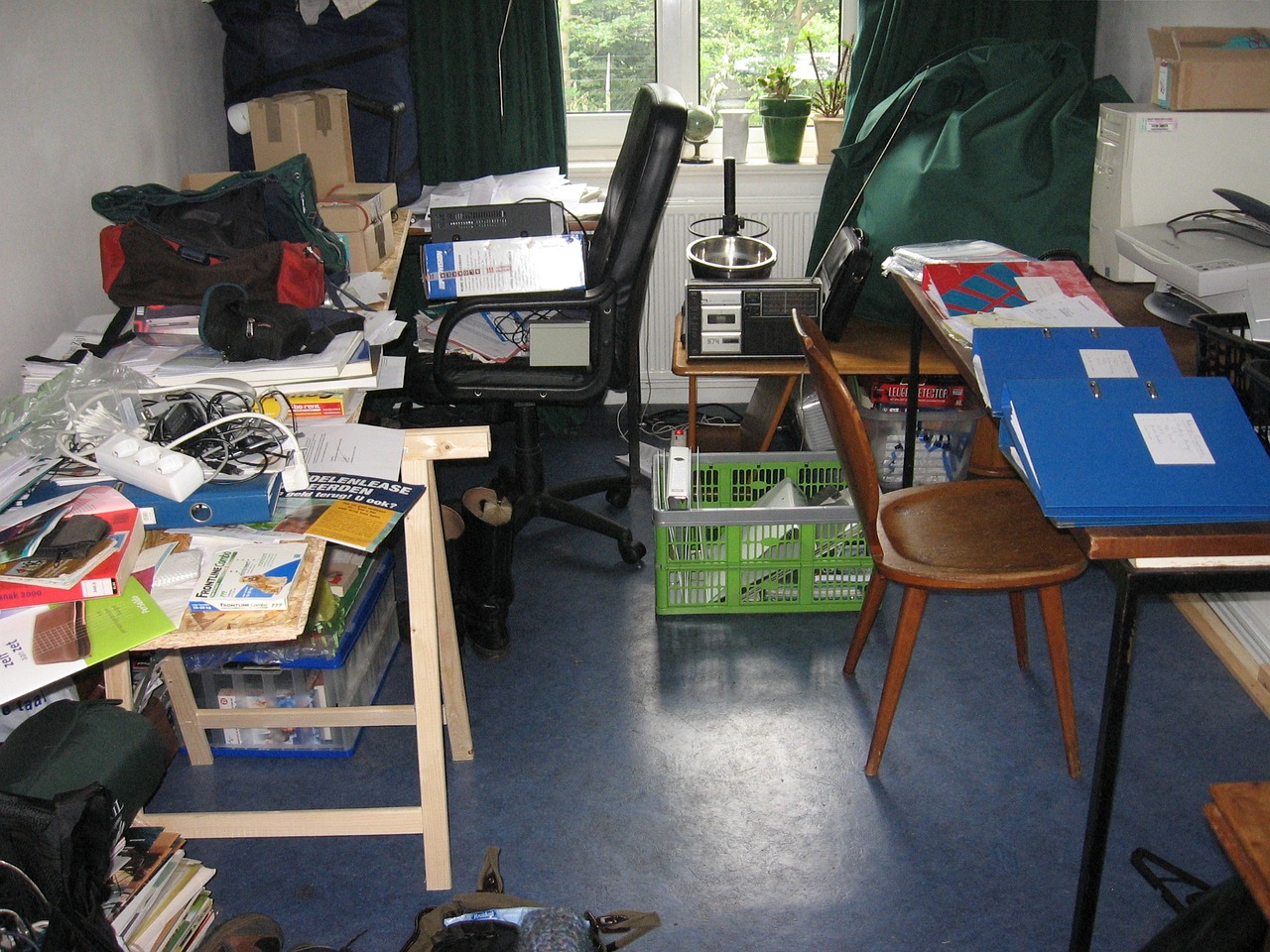
The Psychology of a Clean Space
The study from the Personality and Social Psychology Bulletin reveals that people who describe their living spaces as "cluttered" tend to experience negative psychological effects, including increased feelings of depression and fatigue. This can be understood through the lens of environmental psychology, which studies how our surroundings affect us. Clutter can create a sensory overload because it signals to the brain that there’s still work to be done. This ongoing stimulus can impair relaxation and sap energy, contributing to fatigue. Moreover, clutter might also promote a sense of chaos or loss of control, which is a common stressor, potentially leading to feelings of anxiety and depression. For individuals who are already prone to these conditions, a cluttered space could exacerbate their symptoms, affecting their overall mental health.
Conversely, individuals who keep their spaces tidy tend to report higher levels of satisfaction and reduced stress. Organized spaces are easier to navigate, reducing the time and effort spent on finding objects, which can decrease daily frustration and lead to a smoother, more efficient day-to-day experience. Furthermore, a clean environment can foster a sense of accomplishment and control, which are crucial for positive mental health. The clear, open spaces also provide a visual rest for the brain, unlike cluttered areas, which distract the attention and disrupt the brain’s ability to process information effectively. This visual calm helps in reducing cognitive overload, thus maintaining mental clarity and promoting a peaceful state of mind.
The act of cleaning itself can have therapeutic properties. The process of organizing one's environment can serve as a mindfulness exercise, focusing the mind on the present task and clearing it of cluttered thoughts. This not only results in a cleaner physical environment but also helps in managing anxiety and stress. Moreover, an organized space can enhance cognitive abilities by reducing distractions. This facilitates better decision-making and problem-solving, as a tidy environment allows the brain to allocate its processing power to the task at hand rather than to sensory distractions.
These findings have broad implications, especially considering the rising interest in wellness and mental health. They suggest that interventions aimed at improving one's environment could be an accessible and effective way to enhance mental well-being. This is particularly relevant in settings like workplaces, schools, and homes, where people spend significant amounts of time and need to perform cognitive tasks efficiently.
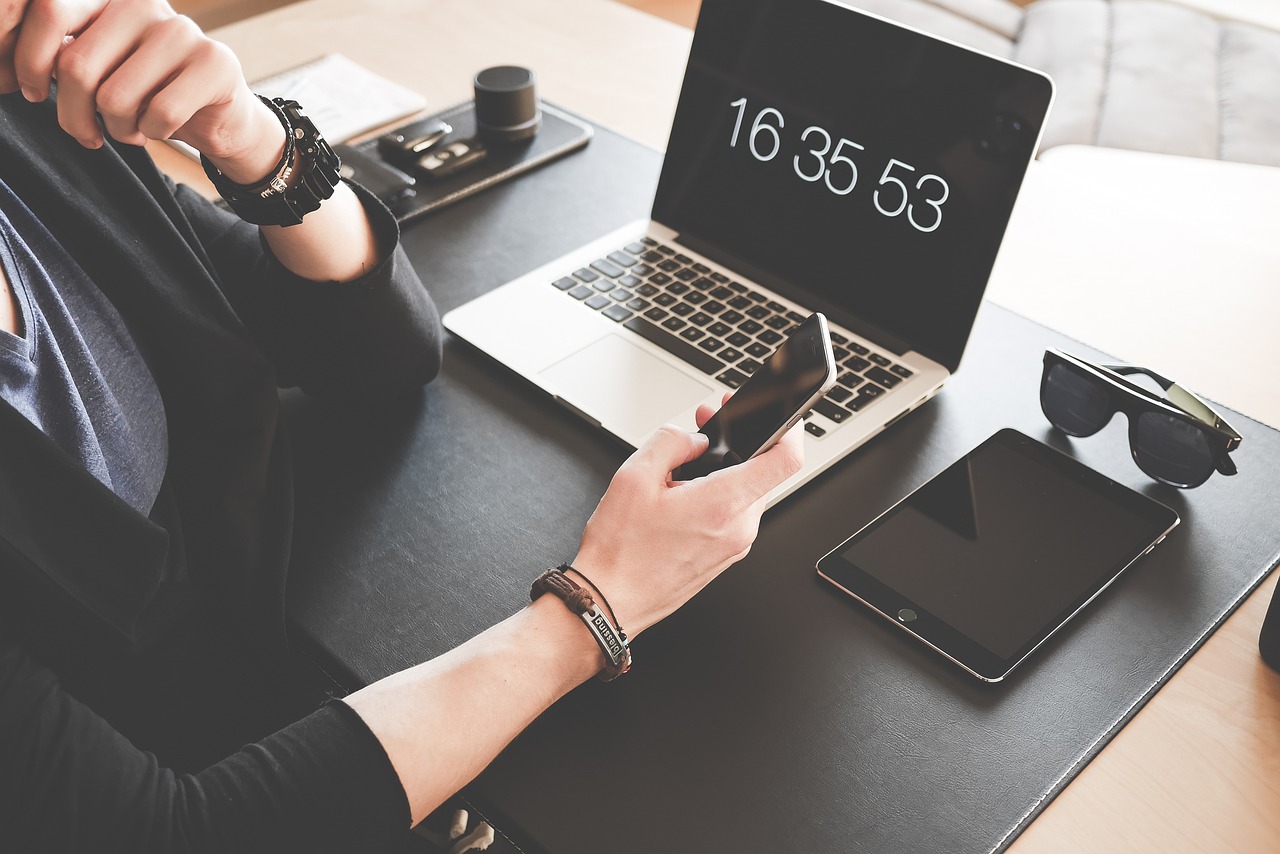
Techniques and Trends in Organizing
Emerging trends in home and office organization emphasize minimalism and functionality. Popular methods like the KonMari method, developed by Marie Kondo, advocate for keeping only those items that "spark joy," which has been adopted worldwide for its effectiveness and simplicity. Additionally, digital decluttering is gaining traction, addressing the modern challenge of digital overloads, such as unnecessary emails and unorganized digital files, which can also contribute to stress and inefficiency.
Minimalism and Functionality: The trend towards minimalism in organizing focuses on reducing unnecessary items and maintaining a setup that prioritizes functionality. This approach not only clears physical space but also aims to enhance the quality of life by reducing the distractions and burdens that excess possessions can create. Minimalism in organizing advocates for a deliberate approach where every item in one's space serves a purpose or brings value, thereby promoting an environment of clarity and efficiency.
The KonMari Method: Developed by Marie Kondo, a tidying expert from Japan, the KonMari method has gained international acclaim and a substantial following for its innovative and heartfelt approach to decluttering and organizing. The core principle of the KonMari method is to keep only those items that "spark joy." This criterion encourages individuals to make intentional choices about their possessions, leading to a more personal and emotionally satisfying relationship with their belongings. The method is systematic, guiding individuals through categories of items rather than tackling entire rooms at once, which often leads to more sustainable organizing practices.
Digital Decluttering: As our lives become increasingly digital, the clutter associated with digital assets such as emails, documents, photos, and other files also grows. Digital decluttering has emerged as a necessary extension of physical organizing practices. This trend addresses the often overlooked area of digital overload, which can be just as stressful and counterproductive as physical clutter. Effective digital decluttering involves regularly reviewing and organizing digital files, unsubscribing from unnecessary emails, and using tools designed to keep digital spaces clean and orderly. Managing digital clutter not only helps in reducing stress but also improves digital security and efficiency in accessing information.
Sustainable Organizing: Another trend gaining momentum is sustainable organizing, which involves making eco-friendly choices, such as repurposing items instead of discarding them and choosing sustainable storage options. This trend aligns organizing practices with environmental consciousness, encouraging individuals to think about the lifecycle of their possessions and opt for solutions that reduce waste and environmental impact.
Technological Tools for Organizing: Technology also plays a crucial role in modern organizing techniques. There are numerous apps and software designed to help with everything from inventory management to daily planning and task organization. Tools like cloud storage services, task management apps, and digital calendars help streamline personal and professional lives. For example, apps that categorize tasks based on priority and integrate seamlessly across devices are instrumental in maintaining organized digital workspaces.
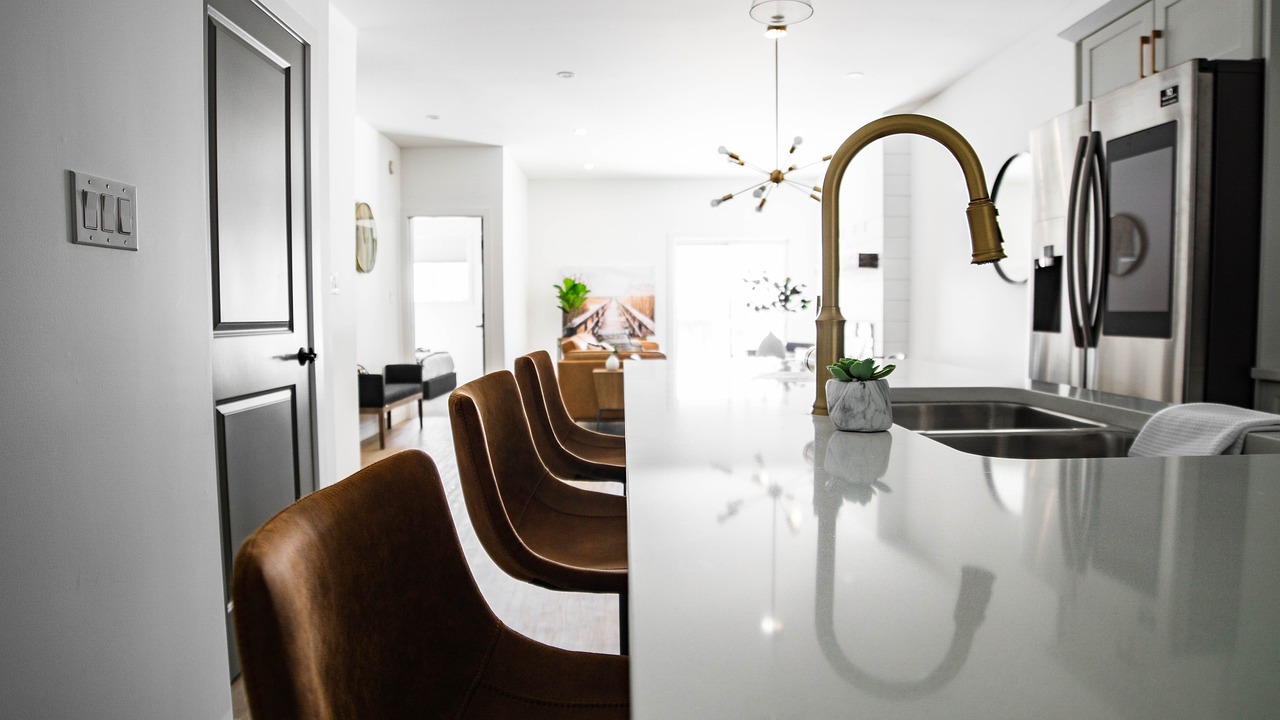
Quantifying the Benefits of Decluttering
The study from the Princeton University Neuroscience Institute provides crucial insights into the cognitive implications of clutter. It found that physical clutter competes for your attention in the same way a virus might sap a computer's processing power. This constant competition from clutter disrupts your brain’s ability to focus and process information effectively. The clutter acts as a distraction, leading to decreased performance and productivity. This phenomenon is particularly detrimental in work environments where focus and efficiency are paramount. Reducing clutter can thus help in sharpening mental focus and enhancing cognitive performance by minimizing the distractions that inhibit brain function.
The same study that decluttering can save up to an hour a day highlights another significant benefit. This time is often wasted in the process of searching for misplaced items, whether in a home or work setting. In professional contexts, such inefficiencies can translate into lost productivity and can also lead to missed deadlines, stress, and a negative work environment. In personal settings, it means less time for relaxation and family, and more time spent feeling frustrated and unproductive. By organizing and decluttering, individuals can reclaim this lost time, allowing for more productive or enjoyable activities, thereby improving overall life satisfaction and efficiency.
Decluttering doesn't just improve physical space and time management—it also has profound effects on mental health. The reduction of clutter leads to lower stress levels, as a more organized space creates a sense of calm and order. This can help mitigate feelings of anxiety and overwhelm, contributing to better mental health outcomes. A tidy environment can also foster a positive mood and increase self-esteem, as people often feel a sense of accomplishment and control over their environment after decluttering.
On a broader scale, decluttering can have economic benefits as well. For businesses, reducing clutter can lead to a more efficient workflow, which can translate into cost savings and higher profitability. For individuals, it can mean less money spent on replacing lost items and purchasing unnecessary duplicates. Furthermore, by selling unwanted items, individuals can also generate additional income, turning clutter into an opportunity for financial gain..
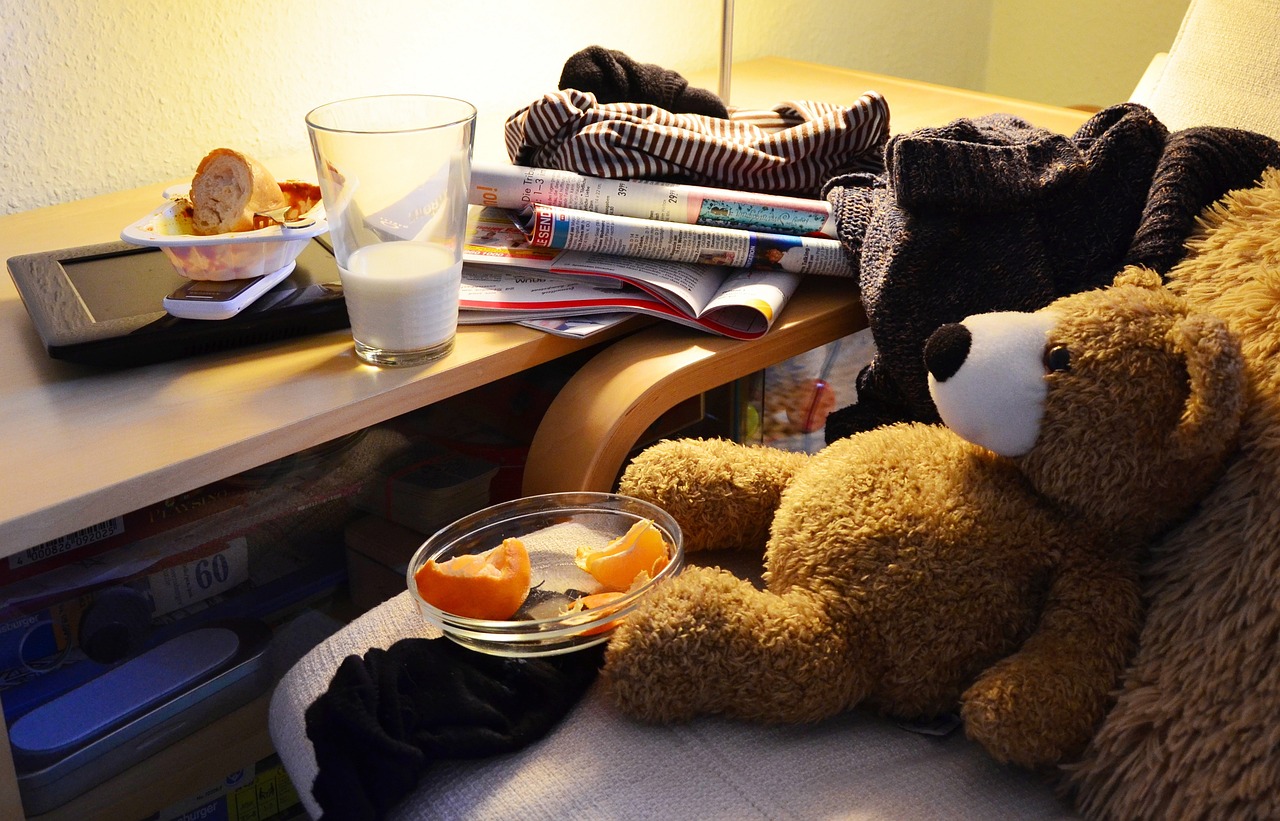
Conclusion
The compelling data supporting the benefits of decluttering and organizing presents a clear narrative: these practices are not merely about creating aesthetic or orderly spaces but are fundamental to enhancing overall quality of life. The impact of a decluttered environment extends far beyond the immediate visual appeal, deeply influencing mental clarity, stress reduction, and productivity.
One of the most significant benefits of an organized space is the enhancement of mental clarity. As shown in various studies, clutter can overwhelm the mind, making it difficult to focus and process information effectively. By removing unnecessary distractions, decluttering helps to clear mental blockages and facilitates a sharper focus, which is essential in both personal and professional realms. This improved mental clarity leads to better decision-making and problem-solving abilities, contributing significantly to daily success and satisfaction.
Furthermore, the relationship between a tidy environment and reduced stress levels is well-documented. In a world where stress is a common ailment affecting millions, creating spaces that promote calmness and reduce anxiety is crucial. The act of organizing itself can be therapeutic, offering a sense of control in an otherwise chaotic world. This control extends to emotional regulation, providing a sanctuary where one can retreat and rejuvenate away from the frenetic pace of modern life.
Productivity is another critical area improved by effective organizing techniques. Clutter is not just a physical barrier; it represents lost time and energy. By streamlining spaces and minimizing clutter, individuals and organizations can avoid the costly pitfalls of wasted time searching for items or sifting through unnecessary objects. This optimization of the environment promotes a more efficient workflow, allowing more time for meaningful activities that contribute to professional growth and personal happiness.
As we continue to navigate an era rich in information and objects, the need to sort, organize, and streamline our environments becomes more than a convenience—it is an essential practice for maintaining mental health and operational efficiency. The ability to manage one's environment directly translates into the ability to manage one's life. In an age where the boundaries between work and personal life are increasingly blurred, maintaining organized spaces helps delineate these areas and preserve a balance necessary for sustained well-being.
Check more articles on our blog

Learn 3 Laundry Room Ideas For Better Functionality
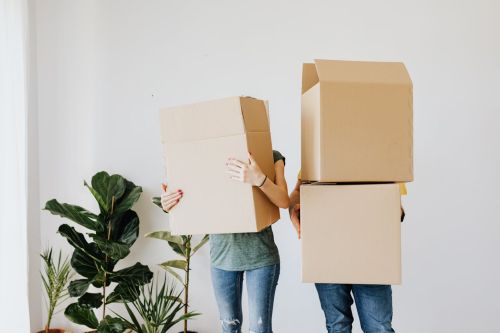
Learn 6 Tips to Help You Get Organized After a Move
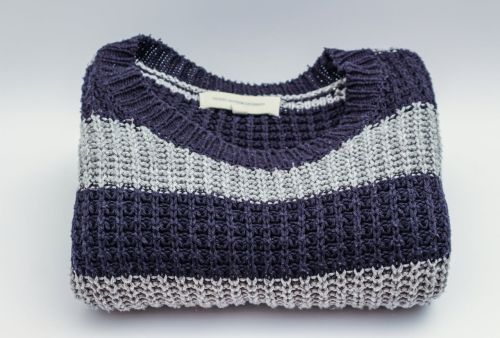
Learn How To Store Seasonal Clothing Safely In 6 Ways
